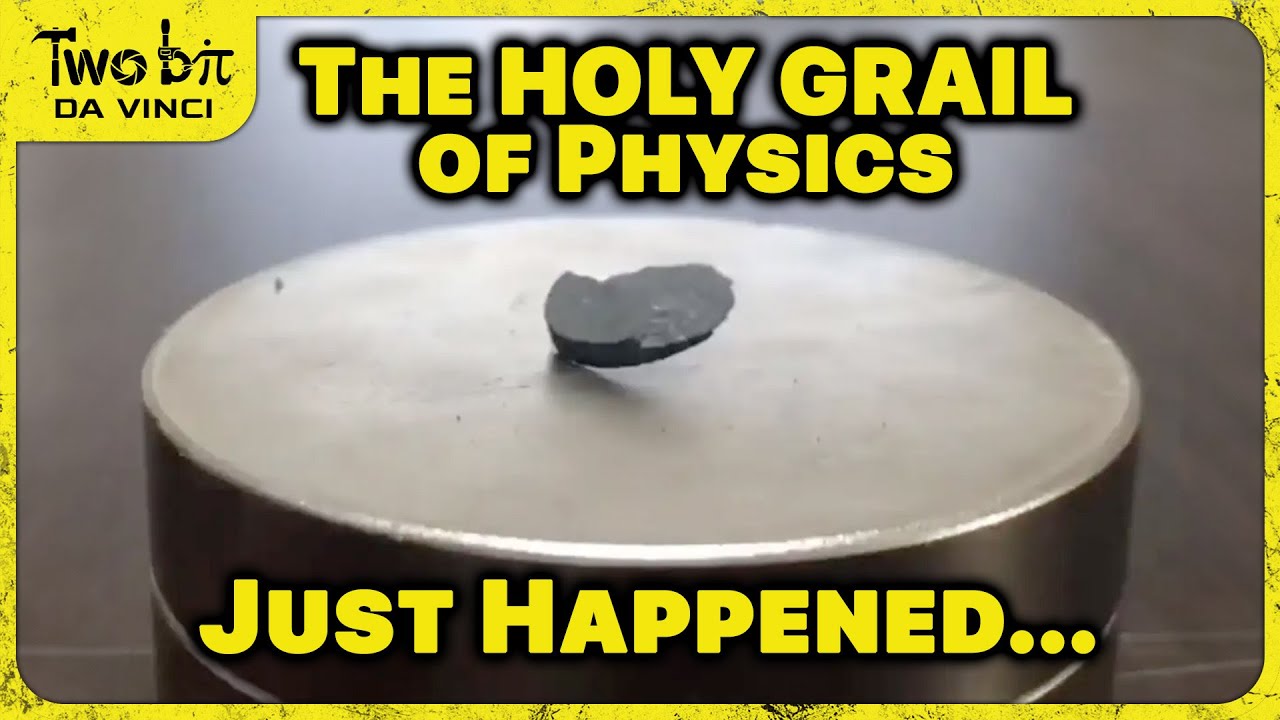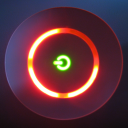This ended up being not a superconductor but instead an insulator.
For people put off by the shitty title, the video is actually really good and comprehensive, and sets realistic expectations. It’s a shame that these garbage clickbaity titles are a thing.
I found the arxiv papers more interesting, but it’s not a bad divulgation video.
Being a content creator these days is not easy! I forgive him for the clickbait.
JUST HAPPENED!!1!11
I’ll believe it when its not just youtube clickbait.
It’s not just youtube clickbait, were you not aware of this news before this video?
No I wasn’t. Source?
If you do a Google search for LK-99 you’ll see a whole pile of news articles from the past two days. A preprint was posted on arXiv and everything exploded. There are labs all over the world working on reproducing the material and testing it right now, and it’s a pretty simple thing to make so we’ll have a solid answer likely within a week.
Looking at it, this paper was falsified in 2020, then they pulled it down, then another author was added to it and leaked to a publication and now the leaking party is claiming the paper is incomplete so you can’t actually reproduce the results. Frankly, it sounds like someone ran out of grant money.
Everything I’ve seen says that the 2020 paper was rejected, not falsified. It had been submitted to Nature shortly after Diaz’s now-likely-fraudulent superconductor research had been accepted and turned out to be controversial, so it’s understandable that Nature was gun-shy of superconductor papers. Do you have any references to its falsification? A paper can be rejected for many reasons other than falsification, indeed I would think most rejections are not for that since peer review doesn’t include independently replicating the results.
What it feels like to me is that the authors were panicking over the possibility of getting “scooped.” They’ve been working on this stuff for decades and had often gone without funding so that seems like less of an urgent concern to me.
Wikipedia said data was falsified https://en.m.wikipedia.org/wiki/LK-99 so that’s where I took that information from.
An initial paper was submitted to Nature in 2020, but rejected.[10] Similarly-presented research on room-temperature superconductors by Ranga P. Dias had been published in Nature earlier that year, and received with skepticism—Dias’s paper would subsequently be retracted in 2022 after its data was found to have been falsified.
Emphasis added. The paper that had falsified paper was by a different researcher and was about a completely different putative superconductor. Only Dias’ paper appears to be based on falsified data. There’s no indication that the LK-99 paper is based on falsified data. Unfortunately LK-99 is suffering guilt by association simply because both of these things are about room-temperature superconductors, but they share nothing in common with each other beyond that broad topic.
Turns out we were putting Lead into the wrong thing all along.
Call me when its 5 sigma.
The Wikipedia for LK-99 is fairly solid… https://en.m.wikipedia.org/wiki/LK-99
260° F?!
If that’s true, this would be a huge fucking deal. But most room temperature superconductors don’t operate anywhere near what laymen would call room temperature.
room temperature superconductors don’t exist. (well… when/if this paper turns out to be bullshit)
High Temperature Superconductors do, and refer to the fact that they can be cooled with liquid nitrogen, and do not require liquid helium.
“well actually” room temperature superconductors do exist, quite definitely! … But only at 100 gigapascals of pressure. https://uspex-team.org/static/file/Troyan2022_ufn227g_High-temperature superconductivity in hydrides.pdf
Still really cool, but not useful for engineering.
I agree that this paper needs to be replicated before we get excited.
damn, right.
i totally forgot about those, and assumend the mix-up of room temperature and “high-temperature”, because “high” is very relative and confused me as well.
If this gets peer reviewed and confirmed, what would that mean? What applications would this material have?
deleted by creator
How does no resistance lead to infinite charge? I can see it having approximately infinite conductivity sure, but charge? how?
deleted by creator
Battery chemist here. That guy has no idea what he’s talking about.
deleted by creator







